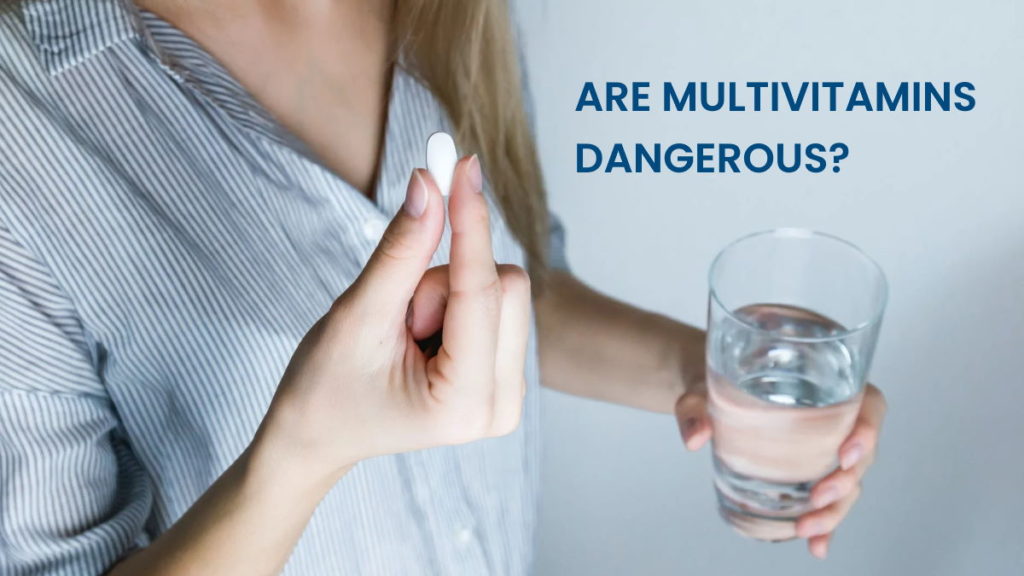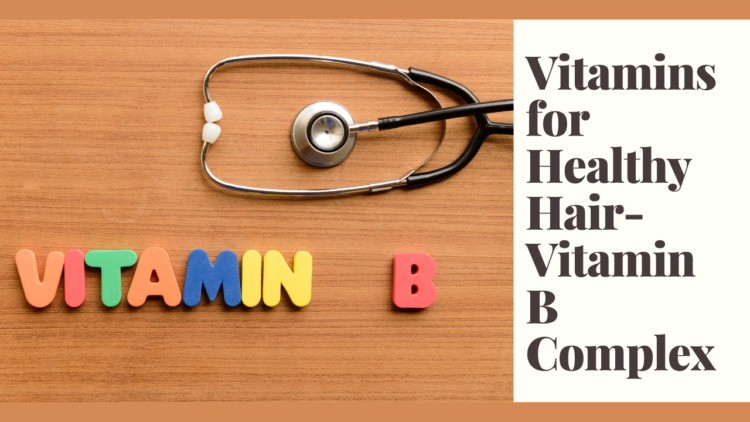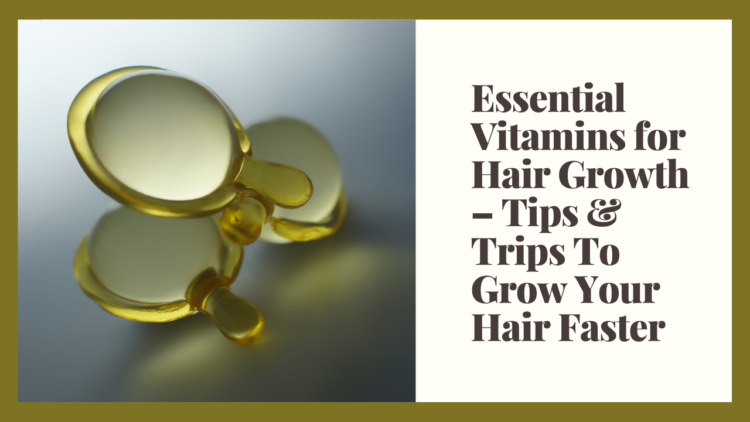The global multivitamin industry was already one of the fastest-growing industries in the world. Thanks to Covid19 and the pandemic, pretty much everyone I know is trying to consume as many pills as possible to boost their immunity. There is a general belief that multivitamin tablets can help in promoting overall wellbeing and bridge any shortfall of vitamins in the human body.
However, things are not that simple. It really made me wonder whether we are potentially heading towards something more dangerous. Can these pills really undo what poor lifestyle and eating habits have caused in our bodies?
So I tried to do a bit of research online and go through various expert opinions to find out whether multivitamins actually work or are they some disaster waiting to happen.
What Do Multivitamins Contain?
To understand how multivitamins affect your body, you must first have a basic idea of what each multivitamin tablet contains within itself.
Typically there would be three key components in any multivitamin pill.
These would be:
- The Vitamin Itself
- Additives
- The Coating
Let us first talk about the vitamins itself. Obviously a multivitamin tablet will contain doses of various vitamins such as A, B12, C, D, E etc. The important detail here is that the vitamin in your tablet may not be the same as the vitamins you get from food.
Vitamins in a pill may come from natural as well as synthetic sources. Natural sources are further divided into plant-based and animal-based vitamins. Most pills would contain a mixture of all these sources including synthetic ones.
You may think over here that natural is any day better than synthetic vitamins. With respect to that, firstly you should know that our body does have the capability to absorb synthetic vitamins. Also, natural vitamins do not always mean good. Second, you need to consider which part of the animal was used to extract the vitamins. How these vitamins will react in our bodies and what is the percentage value of each vitamin in the tablet.
After the vitamin itself, there are additives added to pills. This is because not all vitamins can be absorbed in our bodies through tablets. Again over here there are various types of additives that are added to multivitamins and not all of these are from natural sources.
Finally comes the coating. The pill has to take the shape of a tablet or capsule containing all of the vitamins, additives etc. They have to be brought together and then encapsulated into one single form. This process of combining all the elements and coating them is done by industrial machines. The final product is then packaged carefully before selling them to the end consumer. The coating is made up of materials that will easily dissolve in the stomach and help release the vitamins for absorption in the body.
Are Multivitamin Tablets Dangerous?
According to a report published in Johns Hopkins Medicine that looked at various studies, analysis and research, regular multivitamins consumption did not reduce the risk in adults with respect to various health conditions such as heart disease, cancer, mental degeneration etc.
The studies mentioned in the report had shown no signs of long-term benefits of multivitamins and strongly recommended a well-balanced diet for the essential nutrients required by our body.
Now you may think that the effectiveness of multivitamins is questionable but it does not mean they are dangerous.
The same article mentioned above did conclude that high doses of vitamins can in fact by downright dangerous. This includes vitamin E and beta-carotene supplements.
So when it comes to the dangers of using multivitamins on a regular basis, it does get harmful in the following events:
- If you consistently go over the daily recommended value for each vitamin or nutrient.
- If you are consuming high doses of certain vitamins.
- If your multivitamin pills are mainly composed of synthetic sources or sources that are not easily absorbed or digested by your system.
- If your multivitamin tablets come with various other components other than the actual vitamins itself.
Then there is also the case of going into a false sense of security. What I mean by this is that many people feel better when they are consuming multivitamin tablets and feel this will compensate for an otherwise poor lifestyle.
Ultimately your lifestyle choices make the most difference in your overall health and wellbeing. Just by consuming multivitamin tablets, your body will not automatically build immunity or fight against current health issues.
There are enough studies now to show multivitamins can be used to fill a gap in the diet but not to cure health problems, especially the more serious conditions related to heart, brain and cancer.
Is It Completely Pointless to Consume Multivitamins?
While multivitamins will not help you to fight chronic diseases, serious health conditions and health problems already present in your body, it is not completely useless to consume multivitamins.
The important aspect to note here is why you are consuming the multivitamin?
It is not always possible to get the daily recommended value of various vitamins through purely dietary means. In such cases, you may consume moderate quantities of multivitamin tablets to fill the balance requirements. Doing so can have a positive effect on your body.
However, if you are going above the daily recommended value or are simply substituting your poor lifestyle choices with pills then it is not just pointless but also dangerous.
Think of multivitamins as prevention instead of cure that too in moderate quantities only.
Final Conclusion on Multivitamins – What you must remember before consuming them.
1) There is no substitute for vitamins through food. Ideally, try to get your vitamin requirements from your daily diet and food intake. Use multivitamin tablets only to complete the daily recommended value for each vitamin that you do not get from your diet.
2) Multivitamins cannot cure diseases or health issues that are already present in your body. This is especially true for the more serious health concerns such as heart attacks, cancer and brain diseases.
3) Always check the sources of vitamins in your multivitamin tablet or pill. Plant-based vitamins are usually considered safe. However, you need to check if these can be easily absorbed by your body. Also apart from the nutrients, what else does your multivitamin contain?
4) Do not fall for marketing jargon such as “nature identical”, “natural substitute”, “FDA approved” etc. Do some research on the actual contents of the multivitamins, their sources and whether they are genuinely all-natural.
5) Research on the percentage of each vitamin in your pill and make sure you are not taking high doses. There are enough studies to show high doses of vitamins plus synthetic sources could be quite harmful to your body.
6) Ultimately there is going around poor lifestyle choices. It is your lifestyle, what you eat, your daily routine, exercise, sleep etc. that matters. If you do not take care of your lifestyle, multivitamin pills will not make any difference to your health.




